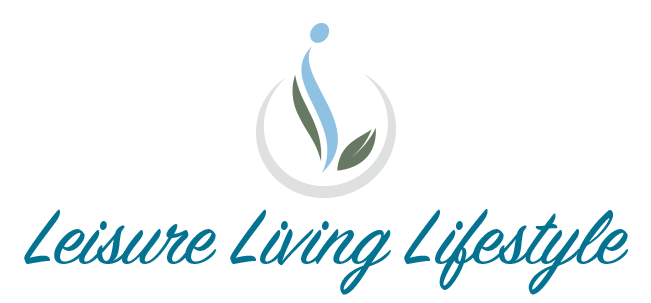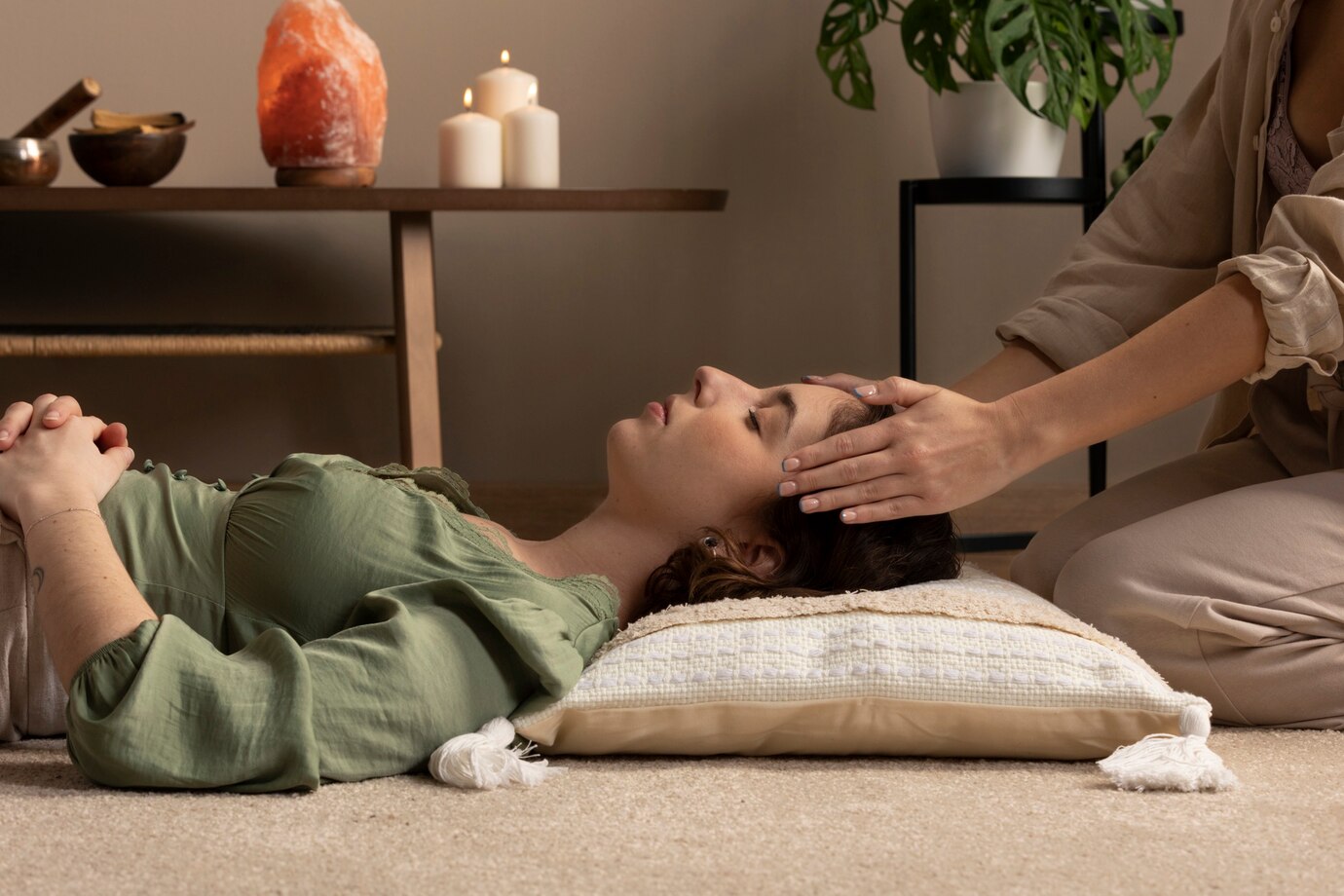In the quest for holistic wellness and inner harmony, many are turning to alternative healing modalities that address the interconnectedness of mind, body, and spirit. Among these ancient practices, Reiki stands out as a gentle yet powerful form of energy healing that promotes relaxation, reduces stress, and facilitates physical, emotional, and spiritual renewal. In this article, we’ll delve into the transformative realm of Reiki, exploring its origins, principles, and the myriad benefits it offers for overall well-being.
Understanding Reiki
Reiki, pronounced “ray-kee,” is a Japanese healing technique that dates back to the early 20th century. The word Reiki is derived from two Japanese words: “rei,” meaning universal life force, and “ki,” meaning energy. At its core, Reiki is based on the principle that all living beings are imbued with a universal life force energy that flows through them, animating and nourishing every aspect of their being. When this energy becomes blocked or depleted, it can lead to physical, emotional, and spiritual imbalances. Reiki seeks to restore balance and harmony by channeling healing energy through the hands of the practitioner to the recipient, promoting self-healing and vitality.
The Principles of Reiki
Reiki is guided by five fundamental principles, known as the Reiki Principles or Gokai in Japanese. These principles serve as a moral and spiritual framework for practitioners and recipients alike, encouraging mindfulness, compassion, and personal growth. The five principles are:
Just for today, I will not be angry.
Just for today, I will not worry.
Just for today, I will be grateful.
Just for today, I will do my work honestly.
Just for today, I will be kind to every living thing.
By embodying these principles in daily life, practitioners of Reiki cultivate a deeper sense of inner peace, balance, and connection to the world around them.
The Benefits of Reiki
The benefits of Reiki are as diverse and profound as the individuals who experience it. Some of the key benefits include:
- Stress Reduction: Reiki promotes deep relaxation and activates the body’s natural relaxation response, reducing stress and tension in the mind and body.
- Pain Relief: Reiki can alleviate physical pain and discomfort by helping to release blocked energy and restore balance to the body’s energy centers.
- Emotional Healing: Reiki can facilitate emotional healing and release stored emotions, helping to alleviate symptoms of anxiety, depression, and trauma.
- Increased Energy and Vitality: Reiki replenishes energy levels and promotes a sense of vitality and well-being, leaving recipients feeling rejuvenated and refreshed.
- Enhanced Spiritual Connection: Reiki can deepen one’s connection to their inner wisdom, intuition, and spiritual guidance, fostering a sense of purpose and meaning in life.
Experiencing Reiki
Receiving Reiki is a simple yet profound experience that typically involves lying down fully clothed on a massage table while the practitioner places their hands lightly on or above various parts of the body. The practitioner then channels Reiki energy through their hands, allowing it to flow to the recipient and facilitate healing on physical, emotional, and spiritual levels. Each Reiki session is unique to the individual, and recipients may experience sensations such as warmth, tingling, or deep relaxation during the treatment.
In a world filled with stress, uncertainty, and disconnection, Reiki offers a gentle yet powerful pathway to relaxation, renewal, and inner harmony. Whether you’re seeking relief from physical pain, emotional distress, or simply a deeper connection to your true self, Reiki can provide a nurturing space for healing and growth. So open your heart, quiet your mind, and allow yourself to be embraced by the healing touch of Reiki, as you journey toward greater health, vitality, and well-being.

